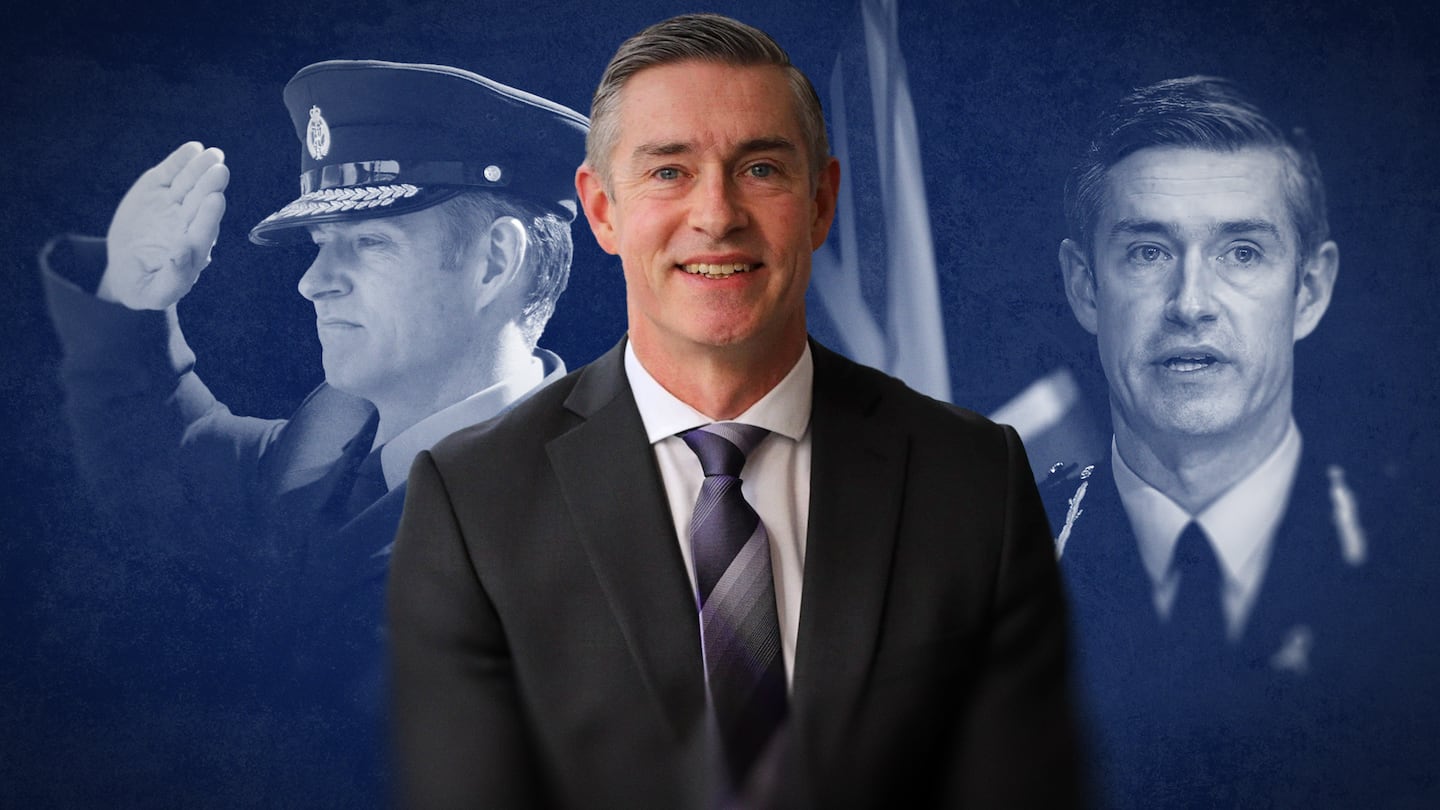Police Commissioner Andrew Coster has resigned to become the first secretary for social investment and chief executive of the Social Investment Agency.
In his new role, he will serve as the lead advisor to the government and be responsible for delivering on social investment initiatives.
Part of Coster’s mahi since his appointment as commissioner in 2020 has been to acknowledge, understand and address bias within the police, which has led to inequitable policing of communities across Aotearoa.
His latest police minister, Mark Mitchell, denies there is any systemic bias or racism within the police despite a landmark report that revealed systemic bias and racial profiling within policing is continuing.
Who commissioned the report? Andrew Coster.
Understanding policing delivery
In 2020 Coster commissioned a study called Understanding Policing Delivery, following the death of George Floyd in the US and the outcry over police brutality, which targeted people of colour across the world. There were also concerns over the use of AI unfairly targeting Māori and Pasifika.
The long-term research focused on examining where biases existed, and how police could ensure people are treated fairly. At the time criminologist Emilie Rākete told Newshub there was no need for another review because the bias against Māori was well-documented.
In 2020, data from the Tactical Options Report showed Māori were seven times more likely to receive police violence. This has also been found in other reports.
In August the first report from the Understanding Policing Delivery was released. It found Māori were 11% more likely to be prosecuted for an offence compared to New Zealand Europeans when all other factors were constant.
Coster said then to Newsroom, “The extremely difficult position for policing in terms of this is many of the failings that lead to Māori being in the criminal justice system happen upstream of police.”
In his new role in social investment, Coster may be able to help the problems happening ‘upstream’ that lead to Māori criminalisation.
2019 armed response teams
The public outcry against police violence spiked in 2019 after the implementation of the six-month Armed Response Teams trial, which was criticised for targeting Māori and Pasifika.
During the trial 50 per cent of people arrested were Māori.
Groups such as Just Speak, Action Station and Arms Down NZ led campaigns to shut the trial down and it spurred conversations about police brutality.
Action Station surveyed 1155 Māori and Pasifika participants and found 85 per cent weren’t in support of the trial and 91 per cent were less likely to call the police in family violence situations if they knew the police were armed.
After the trial Coster announced they would not incorporate the armed response teams into the police model. The decision was based on the findings, feedback from the public and consultation with community forum groups.
In an interview with The Hui, Coster said an unconscious bias still existed within the police but said, “All humans have unconscious bias and we’re no exception to that.”
‘Bias’ as scapegoat for not addressing racism
In 2020 then police minister Stuart Nash said there was no systemic racism in the police but there was “unconscious bias”.
Coster defended the minister saying Nash meant it wasn’t intentional and believed most were doing their best.
He said the potential biases were difficult to raise with officers because the topic triggered strong responses, and defended them for doing a great job but needing to be open to challenge themselves in areas where they need to shift the practice.
Coster didn’t want to offend officers by using the term ‘racism’, and told Morning Report the word meant different things to different people.
“If you say racism to our officers, they will feel like we are calling them individually racist. Whereas a lot of the advocates in this area, when they use the word racism, they are talking about a system that consistently gets worse outcomes for one group of people than another.”
Former police commissioner Mike Bush admitted there was unconscious bias but rejected the use of the word ‘racism’.
In 2022, NZ Herald reported the Grey literature review for the Understanding Policing Delivery programme found “bias” was a scapegoat for not addressing racism directly.
Authors said the police needed to be accountable and address the racism and historical traumas left by colonisation within the police framework.




